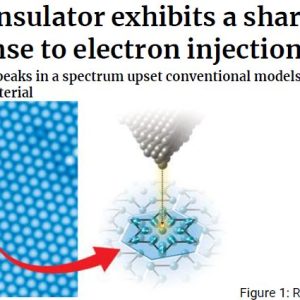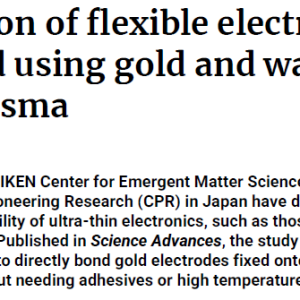
Effect of additive elements on local mechanical properties of high purity aluminum alloys using nanoindentation method
₩4,000
Nanoindentation tests were performed on high purity aluminum and its alloys to clarify the effects of the types of additional elements and the
effects of interactions between additional elements and grain boundaries or existing dislocations on local mechanical properties. The samples used
were ultrahigh purity 5N–Al and high purity Al–Fe, Mn, Cu, Zr and Zn alloys processed by solution annealing or friction stir process (FSP).
The results of nanoindentation hardness revealed that the amount of each element and the misfit had a significant effect on deformation resistance of plastic deformation
in solution annealed samples. On the other hand, the results for the FSPed samples showed that the existing dislocations introduced by FSP have a significant effect
on the plastic resistance. From the values of the nanoindentation hardness ratio of the grain boundary to the grain interior, it is concluded that the segregation effect of
the additional elements at the grain boundary on the plastic resistance is small in solution annealed samples and FSPed samples. The results of critical load at pop–in
revealed that elements with large misfit act as dislocation sources in solution annealed samples. For the FSPed samples showed that the density of existing dislocations
introduced by FSP has a significant effect on the critical load for dislocation generation.





상품평
아직 상품평이 없습니다.